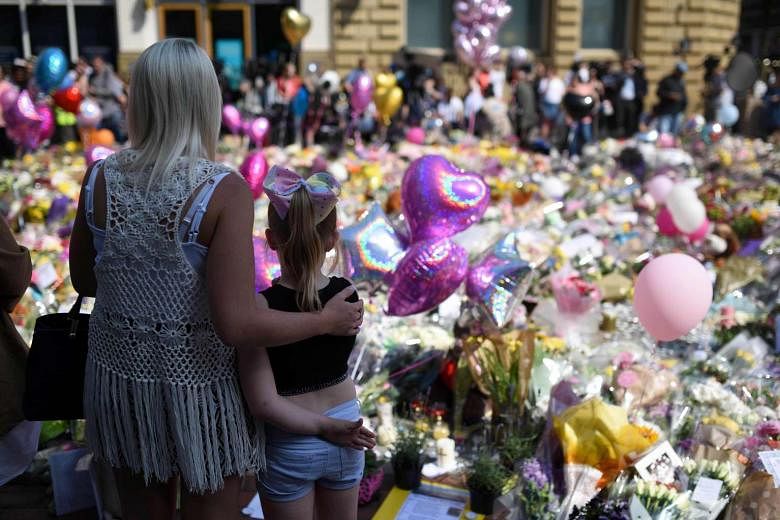In its editorial on May 26, the paper questions how no one suspected the Manchester bomber's dark intentions
BANGKOK (THE NATION/ASIA NEWS NETWORK) - Salman Abedi, the 22-year-old man identified as the suicide bomber in Monday's Manchester concert-hall horror, is just one of the hundreds, possibly thousands, of young extremists who are willing to destroy lives and property in their own hometowns.
No mercy is due to these heartless youths seeking to cause mass death and mayhem. They represent a new type of weapon of mass destruction, and it is always difficult to detect, let alone counter.
There is evil in their minds, but physically they look like everyone else in the vicinity, and can thus move around without drawing suspicion. Media interviews in the aftermath of terrorist assaults invariably reveal a sense of disbelief among their neighbours and often their friends and families.
It is a chilling fact of the times we live in that there are Abedi clones everywhere - all across Britain, all across Europe and all across the globe. It is also clear that these young extremists in one way or another share similar backgrounds.
Their families tend to live on the fringes of society, with young children who are not doing well in school or in social settings in general. They seek comfort in their local religious institutions, in this case a mosque, trying to cope with the shortcomings in their lives by strengthening their faith.
Contact with extremists in Libya, Syria and other places where war is being waged in the name of Islam injects adrenaline into the hearts of young people who see a form of salvation in the violence of jihadism and the mythical "heroism" it pretends to offer.
Given the allure of fundamentalist Islam for certain impressionable and marginalised youngsters, it will be no surprise if British police determine that Abedi did not act alone, but rather had accomplices. It's certainly unlikely that such a young man could assemble a sophisticated, powerful bomb without direct assistance.
Other segments of society should be involved in tackling these situations. People and communities should be keeping a watch on neighbourhood activities, alert but casual enough that it does not represent overt surveillance. Being aware of what is happening around the neighbourhood fosters in everyone a greater sense of belonging.
Horrific incidents tend to be followed by feelings of unity and solidarity within the community. It would be preferable if such solidarity was evident beforehand as well, but under normal circumstances that sense of community is not common. It should be encouraged to become a constant within the neighbourhood.
Even as the police in Manchester continued their investigation yesterday, another bomb exploded in Jakarta, killing five people ahead of the holy month of Ramadan. The Indonesian government suspects it was, again, the work of terrorists, not a rare occurrence in the country and, mournfully, no longer a rare occurrence anywhere in the world.
Reliance on bombs seems to be becoming contagious. These were formerly isolated incidents. Now, in the age of social media and inter-connectivity, they are increasingly frequent. No government can ever lower its guard.
Sheltering young people from the lure of extremism requires the wholehearted support of communities, while governments and security forces focus on the people already making and delivering the bombs.
The Nation is a member of The Straits Times media partner Asia News Network, an alliance of 22 news media entities.

